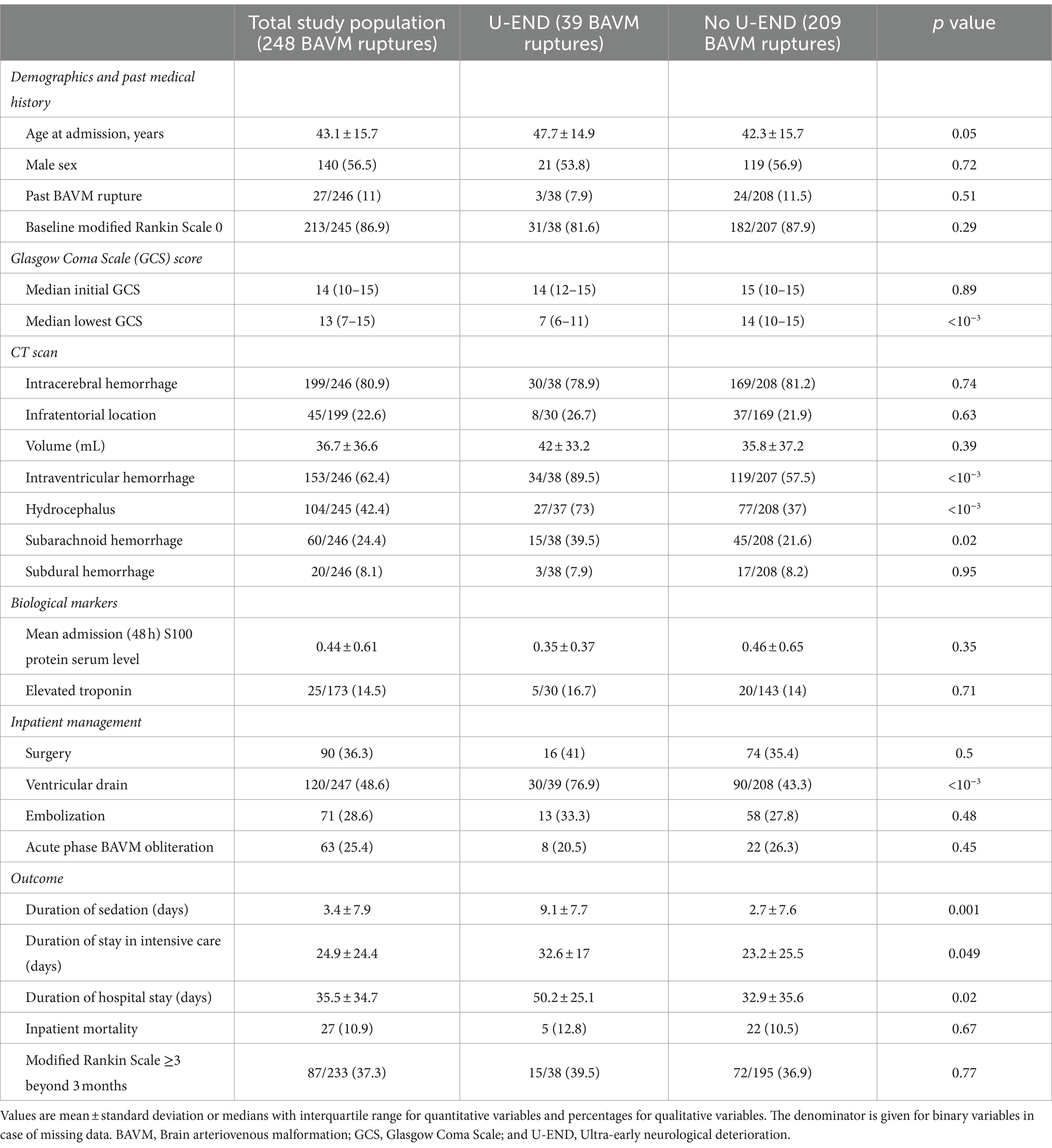Gaming Data Usage: Complete Guide to Understanding Your Consumption
Understand gaming data usage: the complete guide
Gaming has evolved hugely over the years, shift from offline experiences to progressively online dependent activities. With this shift come a natural concern about data usage. Whether you’re game on a mobile device with a limited data plan or use home internet with a data cap, understand how much data game consumes is essential for managing your digital footprint.
How much data does game really use?
The amount of data consume while gaming vary importantly base on several factors. Hera’s a breakdown of typical data usage by platform and game type:
Online pc and console gaming
Contrary to what many believe, standard online gameplay typically use less data than activities like video streaming. Most online games consume between 40 300 MB per hour, with variations base on:

Source: gamingscan.com
- Game complexity and graphics requirements
- Number of players in the session
- Server communication frequency
- In game activities (combat use more data than idle gameplay )
For example:
- First-person shooters like Call of Duty: 40 80 MB per hour
- Battle Royale games like Fortnite: 50 100 MB per hour
- MMORPGs like World of Warcraft: 40 300 MB per hour depend on activity
- Sports games like FIFA: 30 50 MB per hour
Mobile gaming
Mobile games typically use less data than their pc and console counterparts, range from 5 100 MB per hour, with variations base on:
- Game complexity (simple puzzle games vs. Complex multiplayer games )
- Graphics quality
- Online features and requirements
For example:
- Casual games like Candy Crush: 5 10 MB per hour
- Mobile mobs like mobile legends: 30 100 mMBper hour
- Augmented reality games like Pokémon Go: 10 50 MB per hour (higher when move to new areas )
Game downloads and updates: the real data consumers
While actual gameplay use comparatively modest amounts of data, download games and their updates consume importantly more:
Initial game downloads
- AAA console / pc games: 30 150 GB (or more )
- Indie games: 1 15 GB
- Mobile games: 100 MB 5 GB
Game updates
- Major updates: 1 30 GB
- Patches and hotfixes: 100 MB 5 GB
- Season update: 2 20 GB
For gamers with data caps, these downloads represent the virtually significant data consumption concern, far outweigh actual gameplay usage.
Factors that increase gaming data usage
Voice chat and communication
Use voice chat while gaming add to your data consumption:
- In game voice chat: 30 50 MB per hour
- Third party apps like discord: 20 60 MB per hour
Game streaming
Stream your gameplay to platforms like twitch or YouTube importantly increase data usage:
- 720p streaming: 1.5 3 GB per hour
- 1080p streaming: 3 6 GB per hour
- 4 k streaming: 15 25 GB per hour
Cloud gaming services
Services like Xbox cloud gaming, NVIDIA GeForce directly, and Google Stadia stream games direct to your device, consume substantial data:
- Standard quality: 4 10 GB per hour
- High quality: 10 20 GB per hour
Cloud gaming is basically video streaming with add interactivity, make it one of the virtual data intensive gaming activities.
Compare gaming to other online activities
To put gaming data usage in perspective, hither’s how it compares to other common online activities:
- Standard online gaming: 40 300 MB per hour
- Standard definition video streaming: 700 MB 1 GB per hour
- HD video streaming: 1.5 3 GB per hour
- 4 k video streaming: 7 15 GB per hour
- Music streaming: 50 150 MB per hour
- Web browsing: 10 50 MB per hour
This comparison reveal that typical online gaming use importantly less data than video streaming services, though cloud gaming is comparable to high definition video streaming.
Tips to reduce gaming data usage
For standard online gaming
- Download update during off-peak hours Or when connect to unlimited Wi-Fi
- Disable automatic updates And schedule them manually when on unlimited connections
- Limit voice chat sessions Or use lower quality settings
- Close background applications That might be use data while you game
- Consider text chat Alternatively of voice chat when possible
For mobile gaming
- Download games and update over Wi-Fi Before play on mobile data
- Enable data saver mode If available in the game settings
- Disable automatic app updates In your device settings
- Close games entirely When not play to prevent background data usage
- Consider games with offline modes For travel or limited connectivity situations
For cloud gaming
- Lower the stream quality In the service settings
- Set data caps Within the cloud gaming application
- Limit session length To control overall consumption
- Use wire connections When possible for more efficient data usage
Monitor your gaming data usage
Keep track of how much data your gaming consumes is crucial for stay within limits:
On pc
- Windows task manager provide real time network usage statistics
- Third party applications like net balancer orglasswaree offer detailed monitoring
- Many routers have built in traffic monitoring accessible through their admin panels
On console
- PlayStation and Xbox both offer data usage statistics in their network settings
- Router level monitoring can track console usage specifically
On mobile
- Android and iOS both provide build in data usage monitoring in settings
- Many games offer in app data usage statistics
- Carrier apps typically show real time data usage
The future of gaming data usage
Several trends will suggest will game data usage will continue to will evolve:

Source: nbnco.com.au
Increase game sizes
Game file sizes continue to grow as graphics improve and worlds become more detailed. AAA games regularly exceed 100 GB, with some approach 200 GB include all updates and downloadable content.
Cloud gaming growth
As cloud gaming become more mainstream, data usage for gaming will probably will increase considerably for those will adopt these services. The convenience of not need powerful hardware come with the trade-off of higher data consumption.
Optimization technologies
Developers are implemented more sophisticated compression and streaming technologies to reduce data usage without compromise quality. Techniques like dynamic resolution scale and adaptive streaming help balance performance and data consumption.
Game data usage by internet connection type
Fiber and cable internet
These high speed connections typically come with higher or unlimited data caps, make them ideal for gamers. Notwithstanding, yet unlimited plans may have fair usage policies that throttle speeds after excessive usage.
DSL and satellite
These connection types oftentimes have stricter data caps and higher latency, make them less ideal for gaming. Careful monitoring is essential to avoid overage charges or speed throttling.
Mobile networks (4g/5 g )
While 5 g offer speeds comparable to home internet, data caps are typically practically lower. Mobile gaming should be approach with caution, especially for data intensive titles or cloud gaming services.
Common questions about gaming data usage
Does game use more data than streaming?
Standard online gaming typically uses importantly less data than video streaming. An hour ofHDd video streaming might use 1.5 3GBb, while most games use between 40 300MBb per hour. Still, cloud gaming services use comparable or still more data than video streaming.
Can I game on a limited data plan?
Yes, with careful management. Focus on games with lower data requirements, download update over unlimited connections, and monitor usage close. Many popular online games can be played on equally little as 1 GBgb of data per month if you’re exclusivelplayeday a few hours hebdomadary.
Will game slow down my internet for others?
While gaming doesn’t use practically bandwidth compare to streaming, it requires consistent connectivity. This can affect others on your network if your internet connection is already near capacity. Quality of service( Los) settings on your router can help prioritize game traffic.
Conclusion
Game data usage vary dramatically depend on the type of gaming activity. Standard online gameplay is comparatively light on data consumption compare to many other online activities, use roughly 40 300 MB per hour. The real data intensive aspects of gaming are download the games themselves, install updates, and use cloud gaming services.
By understand your specific gaming habits and implement the appropriate data management strategies, you can enjoy game while keep your data usage within reasonable limits. Whether you’re on a strict mobile data plan or a home internet connection with a data cap, being informed about your consumption patterns is the first step toward efficient data management.
As gaming will continue to will evolve, will stay will inform about how new technologies and services will affect data usage will help you make smart decisions about your gaming habits and internet service needs.



